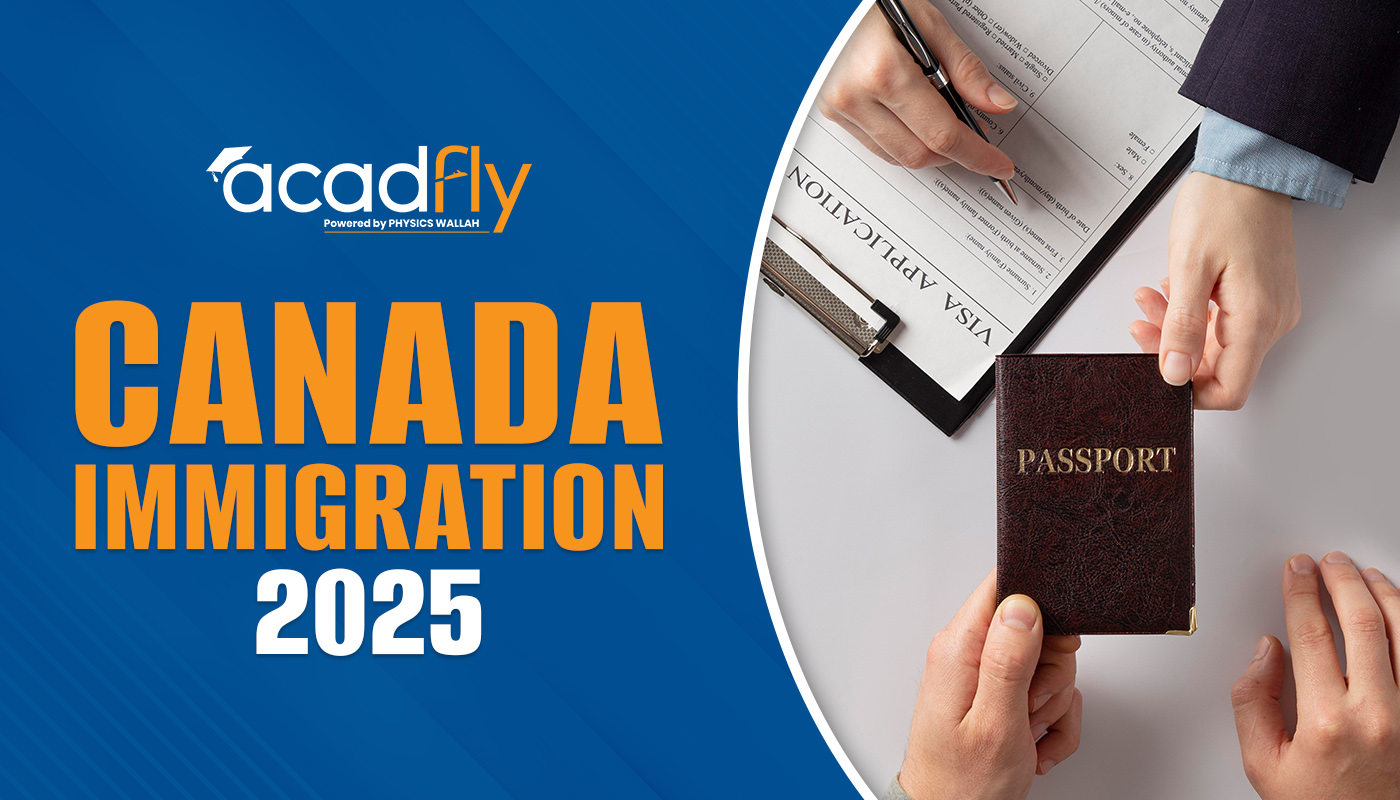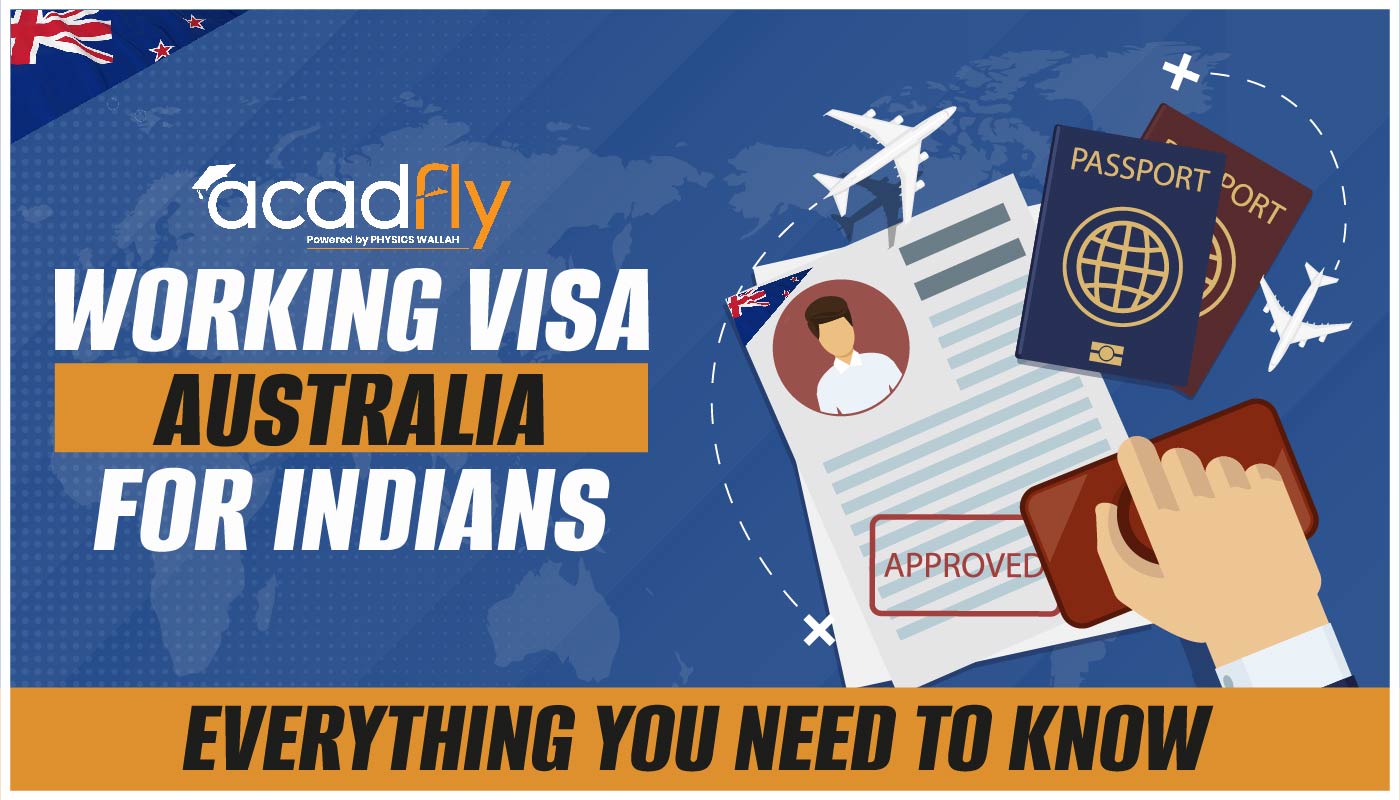


Study in Norway is a great option for students who want a beautiful landscape and friendly society with superlative quality education. Norway is a Nordic country with clean cities, impressive scenery, and a modern lifestyle. Education is an international standard and among the best in Europe with respect to its universities.
There are many programs available that consist of full English instruction, easily breaking down barriers for students from India and the rest of the world. Universities in Norway are known for their emphasis on research and innovation with a lot of attention given to student support. Previously, international students would have received free education in public universities of Norway. However, now there are little fees applicable, and they are less in comparison to most Western countries. Living in Norway is quite safe and gives students easy access to good health care, student clubs, and a lifestyle full of outdoor activities.
Study in Norway from India
For many international students, studying free in Norway has been a dream. Tuition was free for all in public universities of Norway until 2023 when almost all non-EU students started to pay tuition fees. However, in comparison to other European nations, fees are quite low, and several scholarships are available for top achievers. If you hail from the EU/EEA or Switzerland, in most cases, you can study for free or pay a small semester fee. Grants and scholarships cover some or even all costs for non-EU students.
Study in Norway for Free for International Students
Many international students dream of studying in Norway for free. Public universities in Norway had free tuition for all, but starting from 2023, most non-EU students pay tuition fees. Still, compared to other European countries, fees are fairly low, and many scholarships are available for top students. If you are from the EU/EEA or Switzerland, you can often study for free or pay a small semester fee. Scholarships and grants help cover some or all costs for non-EU students.
Study in Norway in English
Most Norwegian universities offer many courses in English. You can study Bachelor’s and Master’s degrees in English in areas like engineering, business, IT, social sciences, and natural sciences. English test results are required for admission. This helps students from around the world, including India, join Norway’s education system with ease. Speaking English is enough for daily life at the university.
Study in Norway Fees
Study in Norway fees depend on your nationality and the chosen university. Non-EU/EEA students now pay tuition at most public universities. Fees range from NOK 80,000 to NOK 400,000 (around INR 6.5–32 lakh) per year for Bachelor’s degrees in English. Private universities usually charge higher fees. However, living costs are the biggest part of the total expense. Living in Norway costs between NOK 11,500 and NOK 14,000 (around INR 95,000–1.15 lakh) per month, including accommodation, food, and transport.
|
Fee Type |
Cost (NOK/year) |
Approx. INR (year) |
|
Public University (EU) |
0–1,000 (semester) |
0–8,000 |
|
Public (Non-EU, English) |
80,000–400,000 |
6.5–32 lakh |
|
Private University |
90,000–150,000 |
7.5–12 lakh |
|
Living Expenses |
138,000–168,000 |
11–13.5 lakh |
Study in Norway Requirements
Requirements to study in Norway for international students are simple but strict. For a Bachelor’s degree, you must have passed higher secondary school (Class 12) and meet subject requirements. For a Master’s, you need a recognized Bachelor’s degree. English skills proven by IELTS (usually 6.0 or above) or TOEFL are required for all English-taught programs. Some courses need extra documents like a Statement of Purpose, CV, recommendation letters, or entrance exams. You must show you have enough money for living costs (around NOK 137,907 for one year), as it is needed for both university and student visa.
|
Requirement |
Bachelor’s |
Master’s |
|
Academic Qualification |
12th pass, strong marks |
Bachelor’s (3-4 yrs degree) |
|
English Proficiency |
IELTS/TOEFL/other score |
IELTS/TOEFL/other score |
|
Statement of Purpose |
Sometimes |
Often required |
|
Reference Letters |
Not always |
Yes, usually |
|
Proof of Funds |
Yes |
Yes |
|
Passport |
Valid for study period |
Valid for study period |
Study in Norway Bachelor's
Bachelor’s programs in Norway are taught in both Norwegian and English. Popular English-taught fields include business, marketing, engineering, IT, natural sciences, and social studies. The usual length of a Bachelor’s is three years. For study in Norway Bachelor admission, students need good marks in school and meet subject and English requirements. Some programs ask for maths or science scores and specific documents. Applications are online, often through the ‘Samordna Opptak’ portal or via the university website.
Study in Norway Scholarships
Study in Norway scholarships are open to international students, including those from India. Many Norwegian universities offer scholarships or partial fee waivers for top-performing students. Some scholarships pay for full or part tuition and sometimes living expenses. The Norwegian government funds the Quota Scheme, Erasmus+, and other programs for non-European students. Some private companies and organizations also support students.
|
Scholarship Name |
Who Can Apply |
Support Given |
|
High North Fellowship |
Non-EU students |
Monthly stipend, travel |
|
Erasmus+ |
EU/Partner students |
Tuition, living, travel |
|
BI Presidential Scholarship |
All |
Full/partial tuition waiver |
|
NORAM, Diku Scholarships |
US/Int’l students |
Tuition/living |
Apply early and check all rules on the university’s scholarship page.
Study in Monaco from India
Some students compare study in Norway with study in Monaco from India. Monaco is small and focuses on business and hospitality education, usually at higher costs. In contrast, Norway offers more subjects and public universities, with wider English programs and strong research. For Indian students, Norway gives affordable, high-standard education with student-friendly life.
Admission Process: Study in Norway from India
Indians must apply online and submit all required papers. Choose your course and university, check the exact study requirements in Norway, and prepare documents. Fill the online form, upload your school certificates, English score, passport, and proof of funds. Universities send an admission offer by April to June. Finally, apply for a Norway student visa with the admission letter, proof of money, passport, and insurance.
Student Visa: Requirements to Study in Norway
A visa is the primary document when migrating from one country to another.all countries have framed ther own guidelines for visas that every candidate mus follo Students from India and outside the EU need a student residence permit to study in Norway. The main visa rules are:
-
Admission letter from a Norwegian university
-
Proof of funds for one year (about NOK 137,907)
-
Valid passport
-
Health insurance (if not covered by Norwegian National Insurance)
-
Completed visa application form and photos
-
Fee paid and biometrics/fingerprints given
-
Visa decisions can take 2–3 months.
Life in Norway as a Student
Students in Norway enjoy safe cities, modern libraries, sports, and outdoor fun. Many student groups welcome foreigners with social events. Indian students find Indian shops, temples, and student clubs in big cities. Public transport runs well, and student discounts are common. The weather is cold, so warm clothes are important.
Universities in Norway
Universities in Norway have well-educated teachers, good trainers and mentors. It also gives an opportunity for working on various projects. Norway has many ranked universities and colleges. Some top institutions for international students are:
|
University Name |
Strong Fields |
Key Features |
|
University of Oslo |
Law, Humanities, Science |
Oldest, largest |
|
Norwegian University of Science and Technology (NTNU) |
Technology, Engg, IT |
Top for research |
|
University of Bergen |
Medicine, Humanities |
West Norway focus |
|
BI Norwegian Business School |
Business, Finance |
Renowned in Europe |
|
Nord University |
Business, Biology |
North Norway focus |
Study in Norway offers excellent education, beautiful experiences, and good chances for future jobs. Prepare early, gather documents, and begin your education journey in Norway.
Study in Norway FAQs
What are the requirements to study in Norway for international students?
Can I study in Norway from India?
Are scholarships available to study in Norway?
Can I study in Norway in English?










